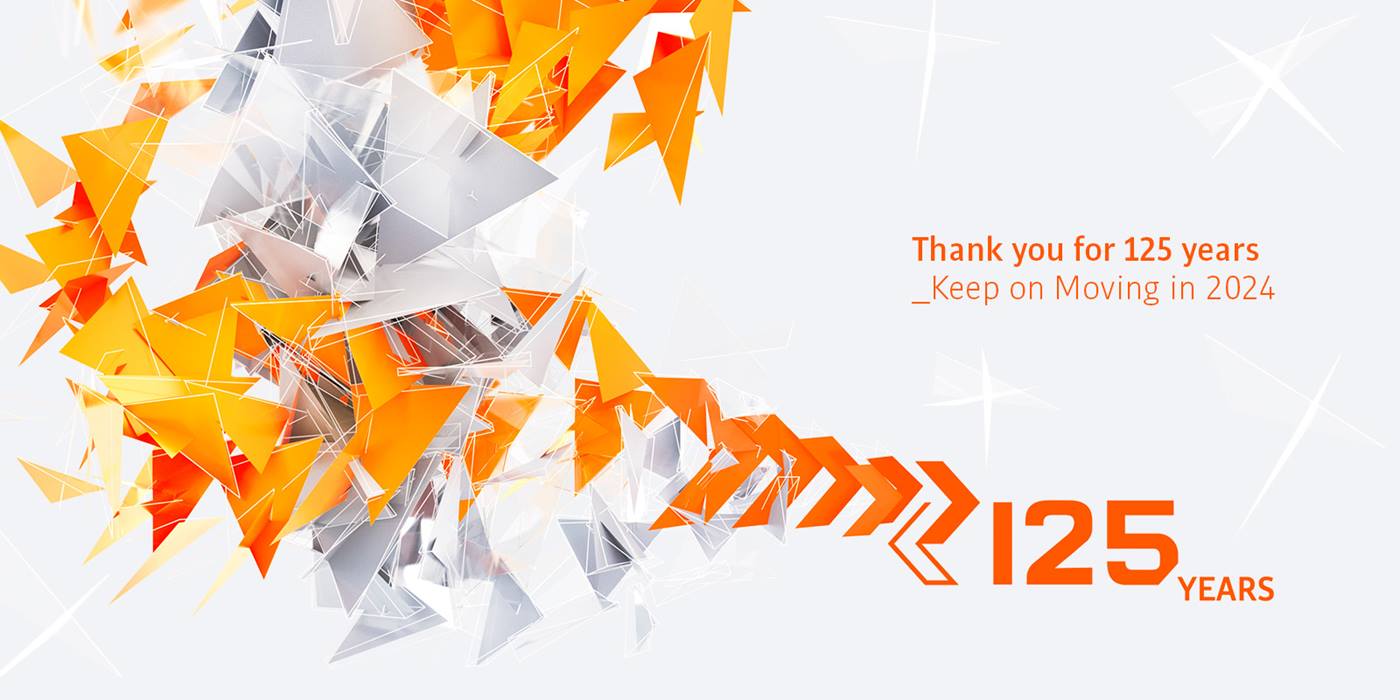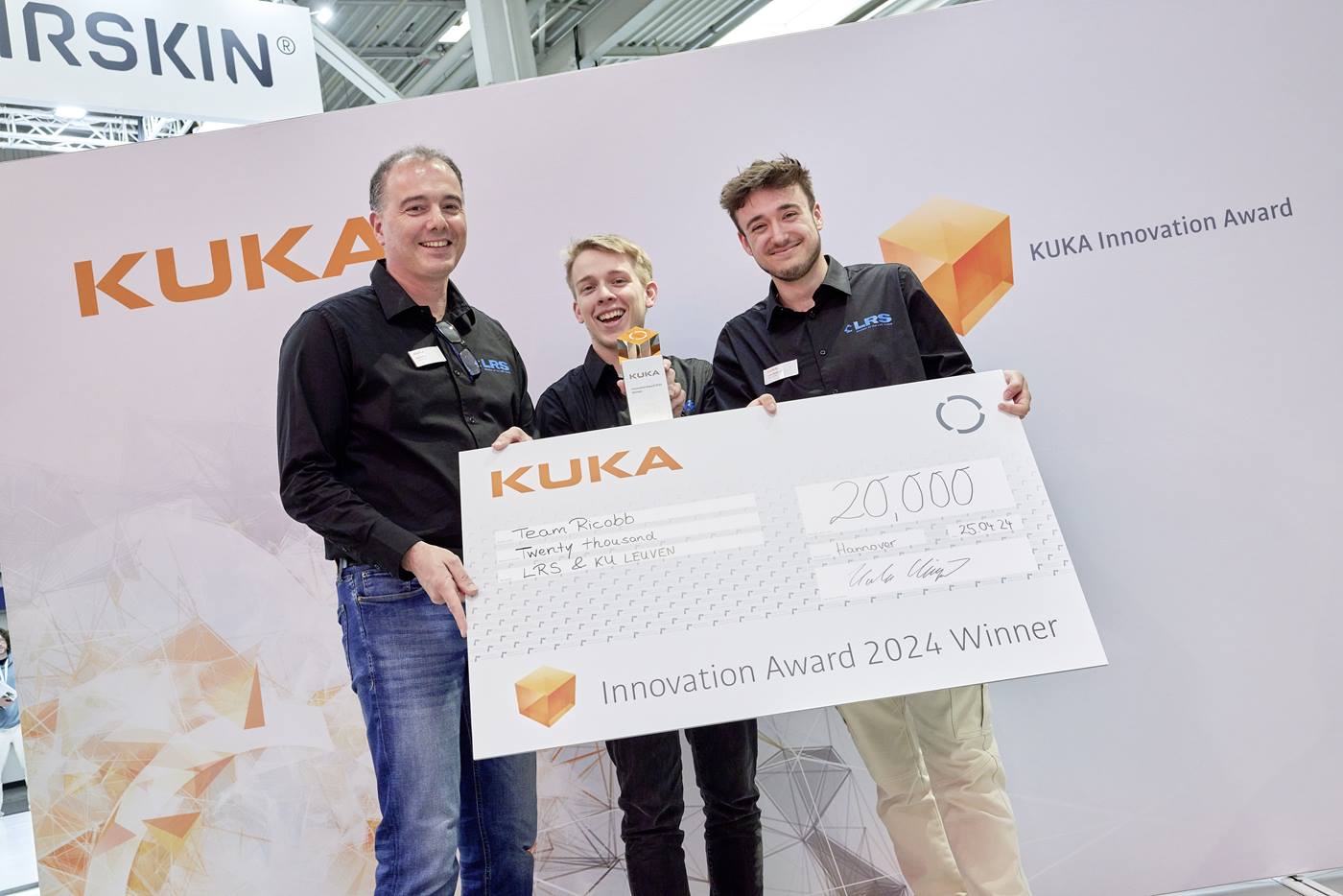“With our products, we are changing the world of work, so we have to look at the effects of this change on people. We are aware of this social responsibility”, said Nadine Bender, Senior Analyst Social Impacts of Robotics at KUKA Group Research.
In the RoSylerNT research project with the Federal Ministry of Education and Research and the German Sport University Cologne, KUKA is therefore investigating the psychosocial aspects of human-robot interaction. Various test systems have been developed within this research project for neuromuscular training. After more than three years of research, the project became concrete in a test week at the end of September 2020:
Every day, laypersons aged between 18 and 49 years completed tasks with a sensitive robot system from KUKA. They were to carry a table – sometimes with a human, sometimes with the robot. Meanwhile, the Cologne Sports University paid attention to physical parameters, and KUKA examined aspects such as acceptance of technology, fear and trust. One of the test persons is a journalist from the Augsburger Allgemeine Zeitung newspaper, and she gave a first-hand account of the test week.
Man is in control
Thanks to the integrated face recognition, the robot greeted its counterpart personally. The system can perceive the posture, movement and stress of the person and thus adapt to him or her and the respective situation. This ensures that users and patients are not overloaded or even endangered. “When carrying with the robot it was clear that the human being is in control and the robot only does what it is supposed to do. That way, communication difficulties could be avoided,” said one of the test persons after his deployment.
Basic research for new forms of cooperation
KUKA is thus conducting basic research in a network with the Sports University in Cologne and the BMBF. The findings are then to be transferred to other products. Because: “Especially in the field of care, cooperation with robots is becoming increasingly important. But in industry too, people and intelligent machines are increasingly working together in close proximity”, said Nadine Bender.













